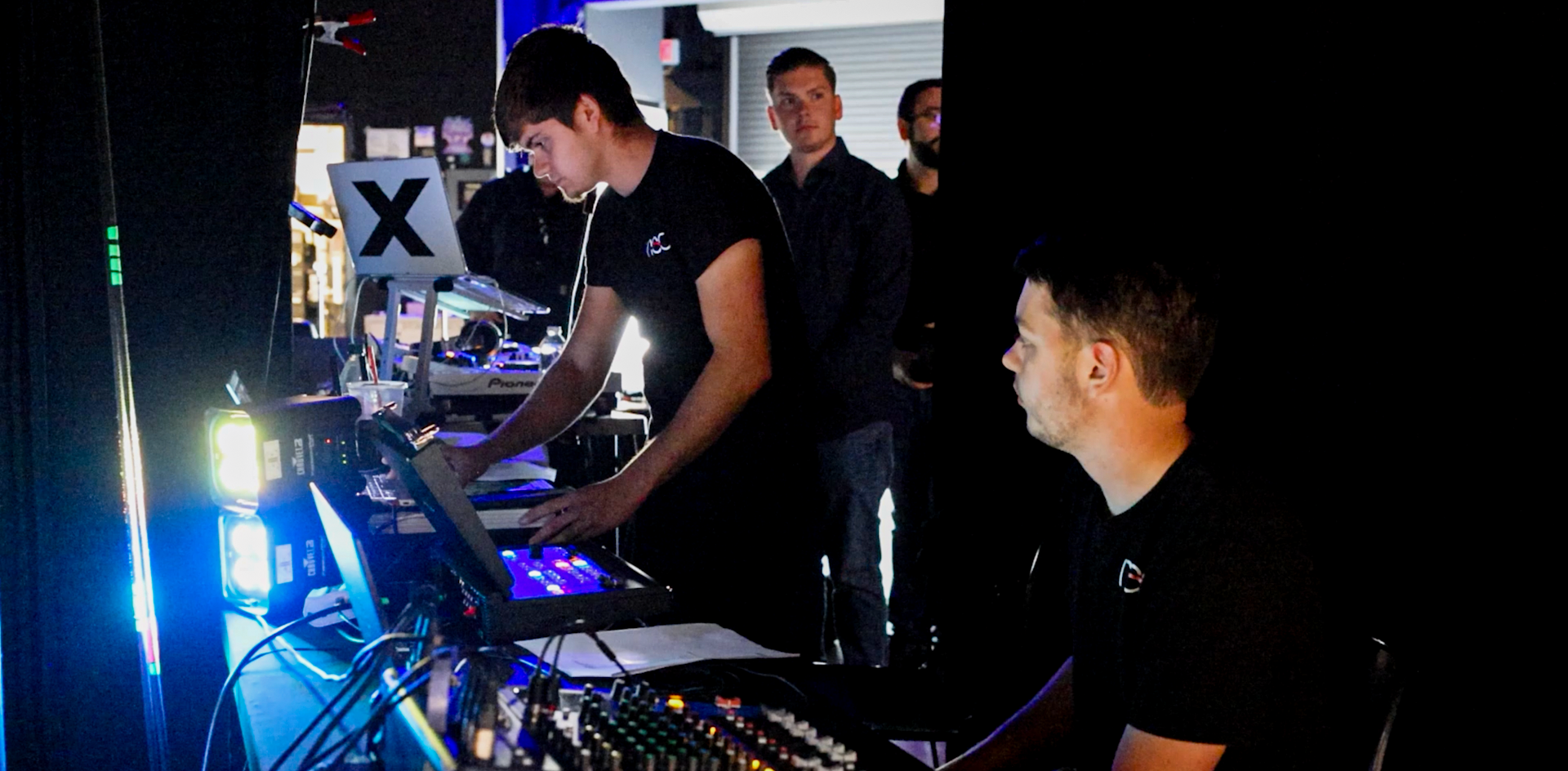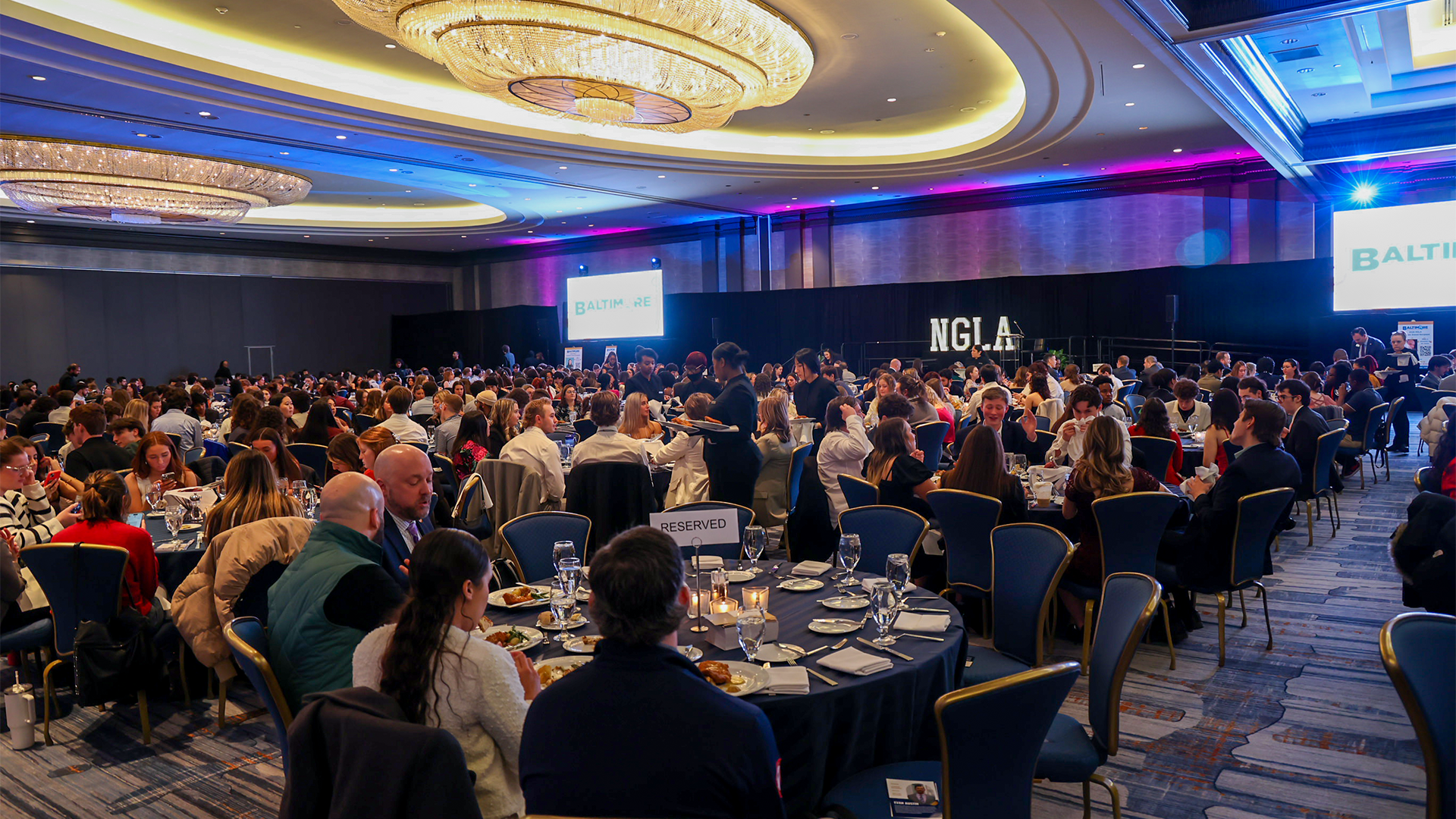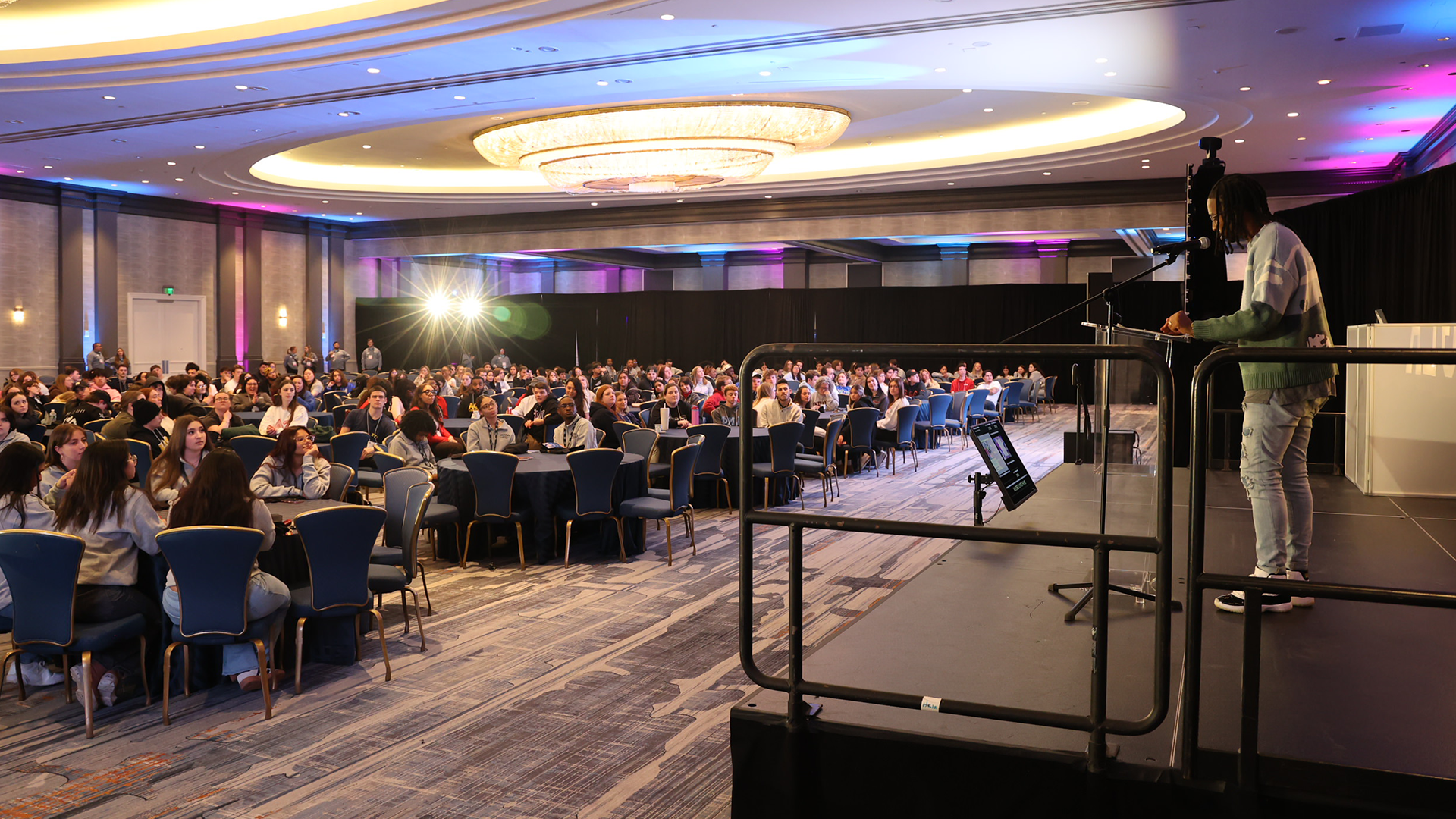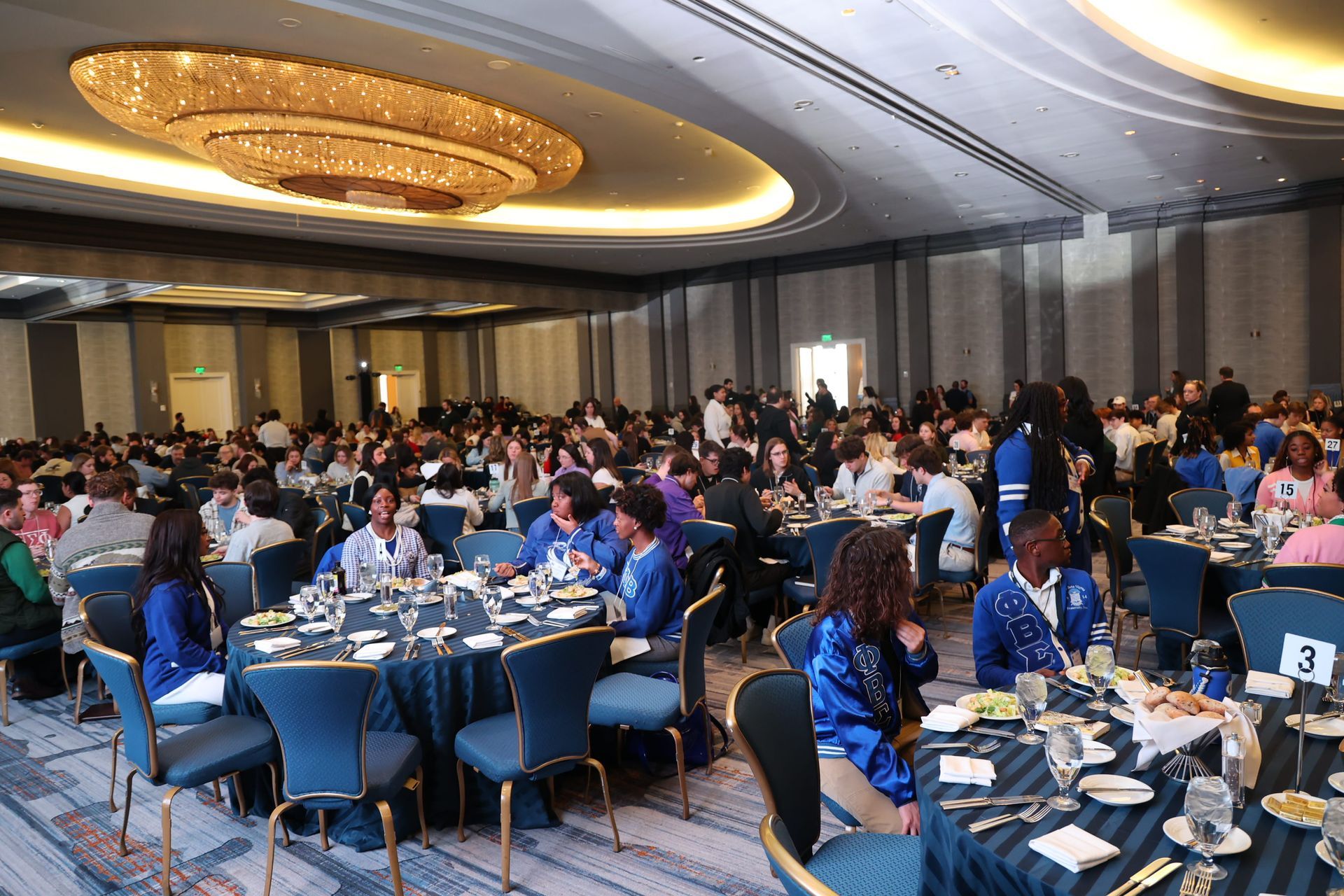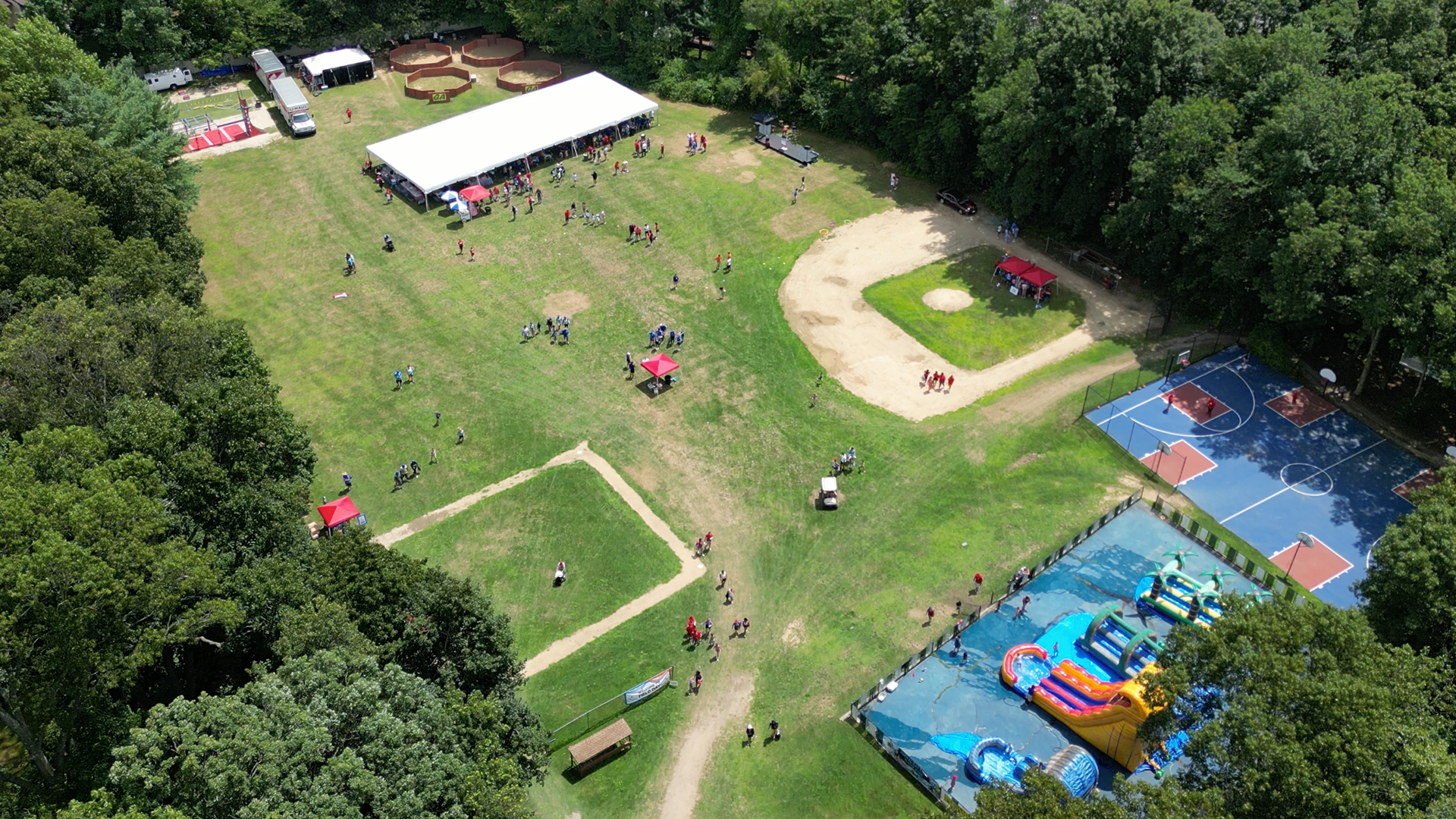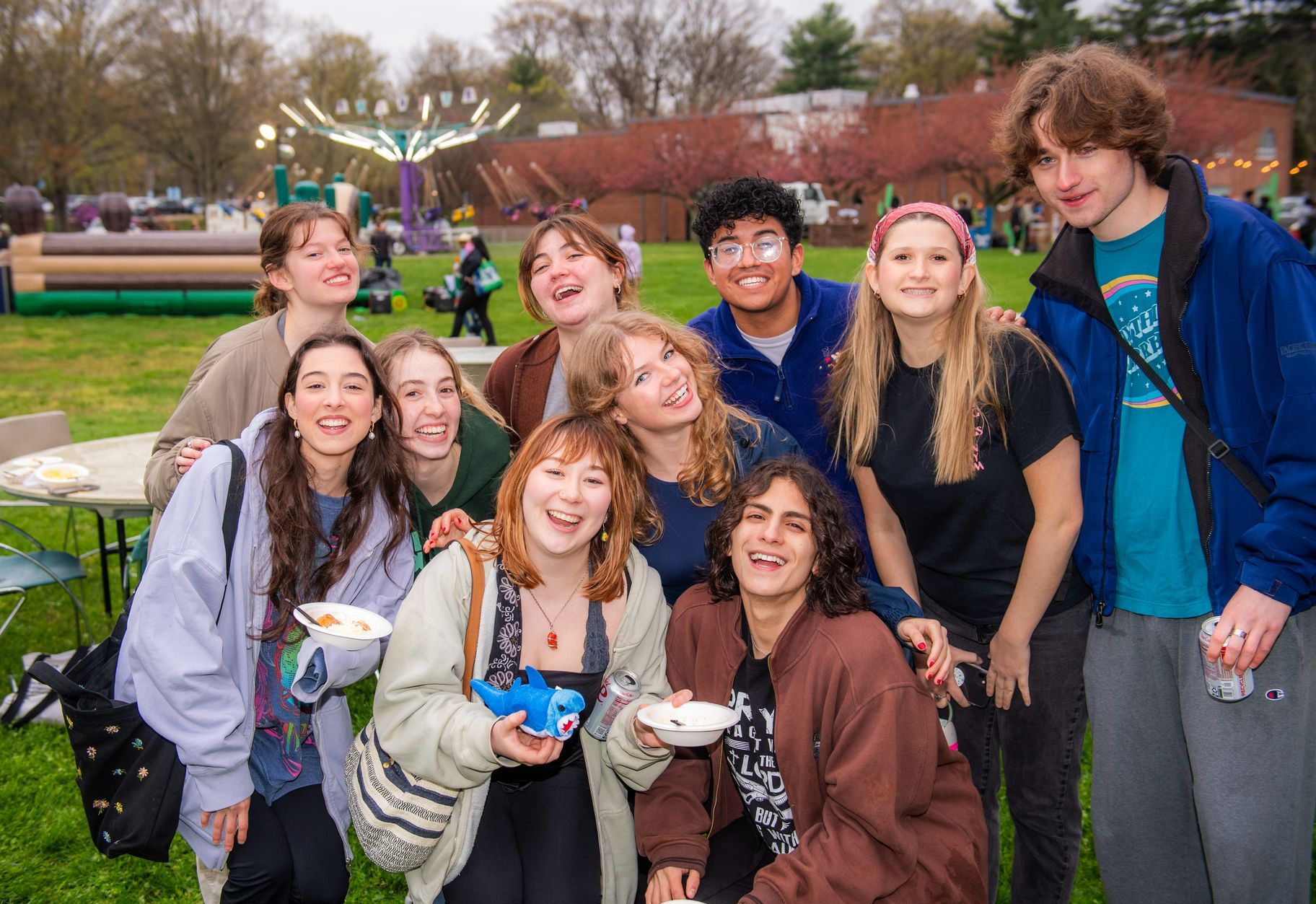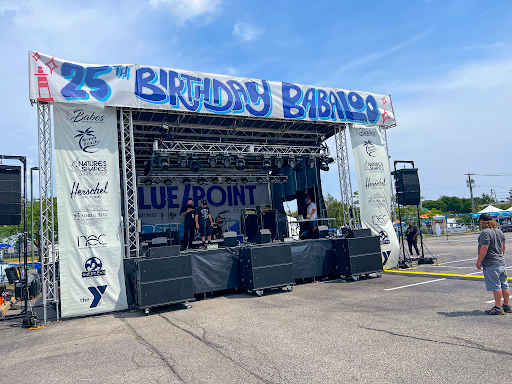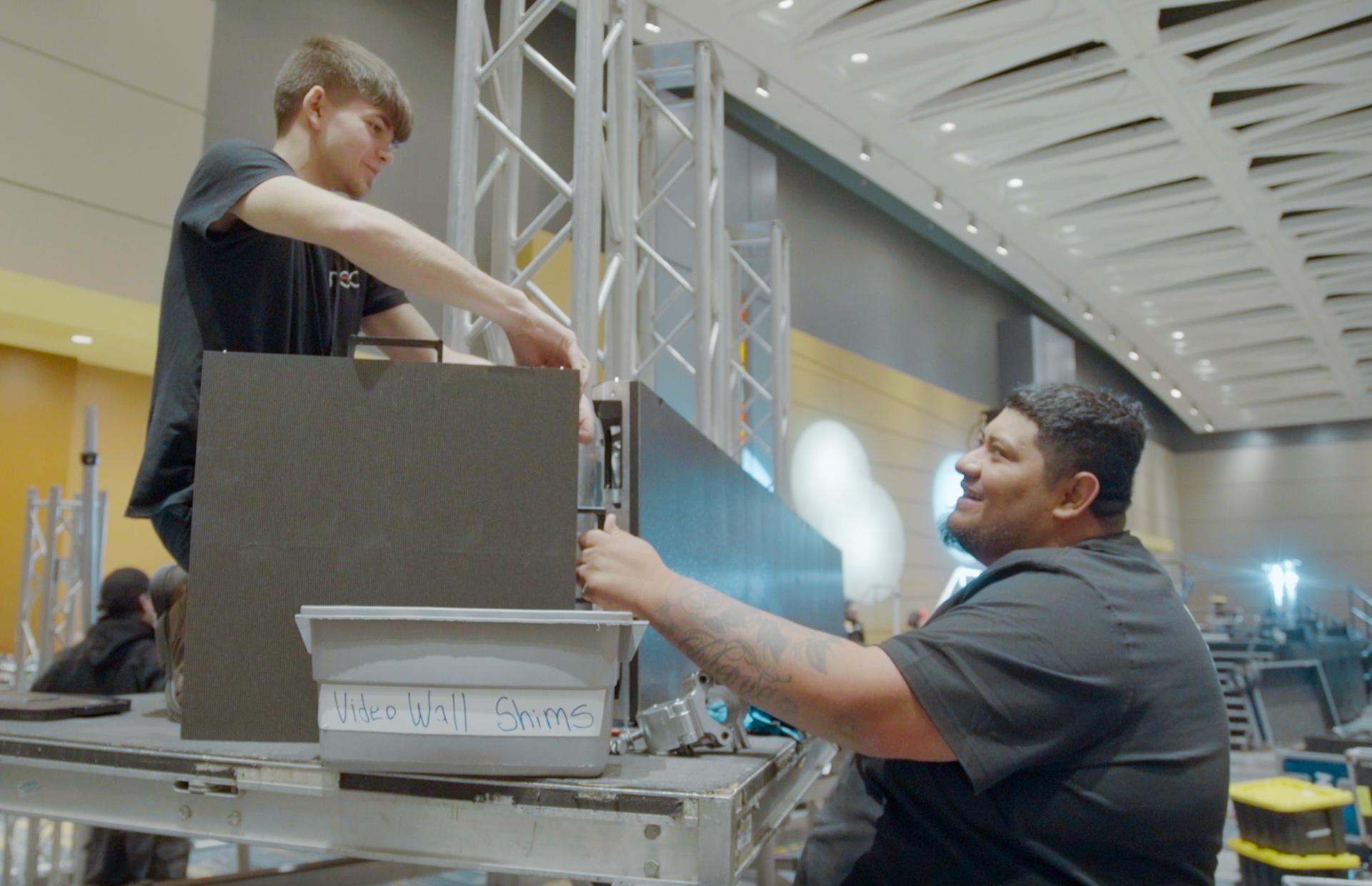College Event Planning: Boosting Student Engagement and Retention
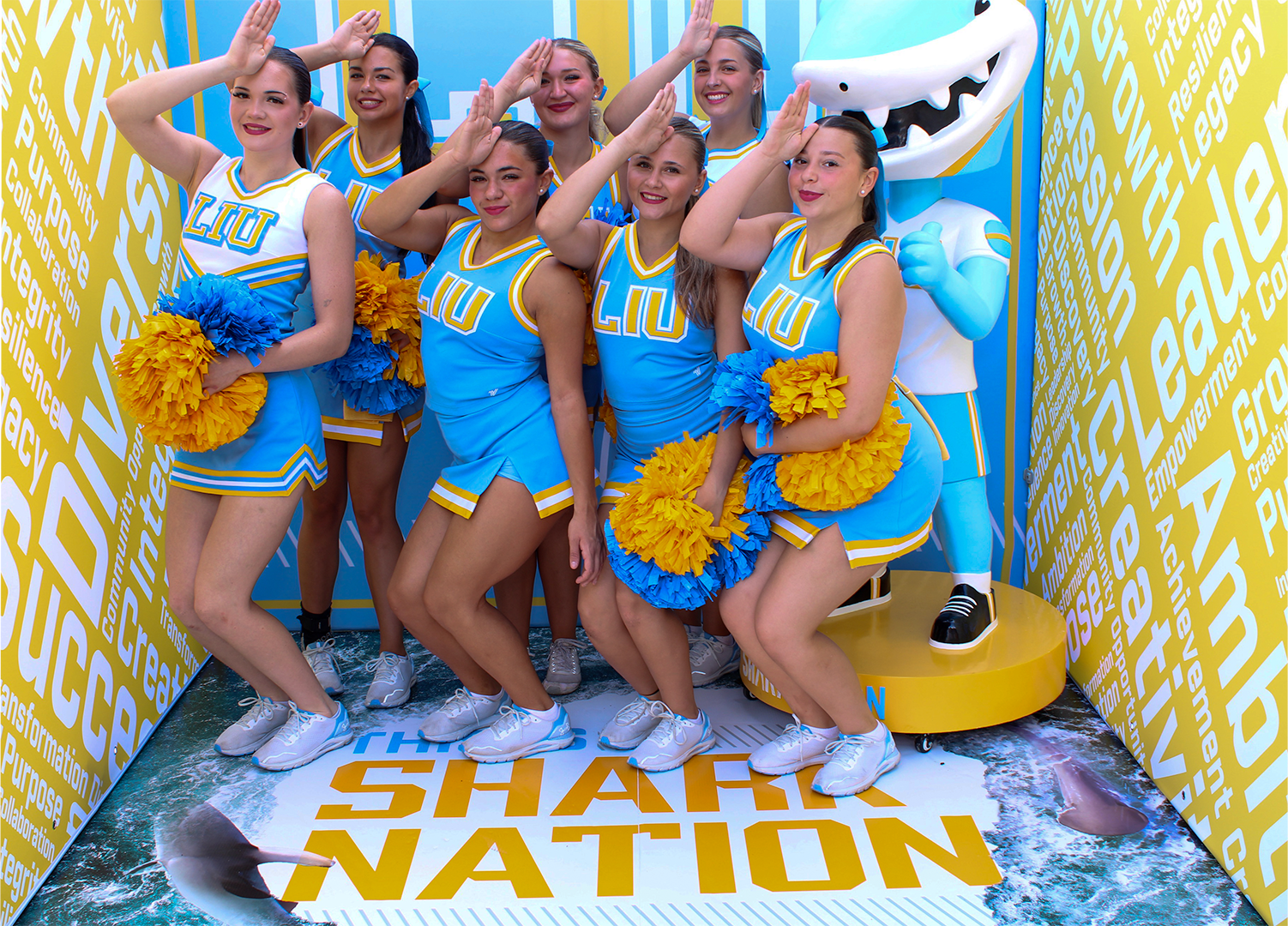
We love working with new universities! Get 10% off up to $1,000 on your first event with us! Contact us today
The Importance of Engaging College Event Planning
Engaging college events play a crucial role in fostering a vibrant campus atmosphere, offering students opportunities to interact and build lasting connections beyond their academic pursuits. These events serve as essential touchpoints where students can experience the unique culture and community of their institution, enhancing their overall satisfaction and sense of belonging. An effectively planned event can act as a catalyst for student involvement, encouraging them to take active roles in campus life and community activities.
Beyond mere entertainment, well-organized events can serve educational purposes, offering workshops, seminars, and activities that complement the academic curriculum. This dual approach not only enriches students’ learning experiences but also keeps them engaged and invested in their educational journey.
Moreover, engaging events often serve as a reflection of the institution’s values and commitment to student well-being. By prioritizing the creation of inclusive and diverse activities, universities can demonstrate their dedication to supporting a varied student body, fostering an environment where everyone feels represented and valued. This inclusive approach can significantly impact student retention rates, as students who feel a strong connection to their campus community are more likely to continue their education at the same institution.
In essence, engaging college event planning is more than a logistical endeavor; it is a strategic initiative that can enhance the student experience, build community, and strengthen institutional reputation.
Creative Campus Event Ideas to Captivate Students
Offering events that blend entertainment with relevance is key to capturing students' interest. Casino nights, complete with professional tables and dealers, create a thrilling atmosphere that encourages participation. Interactive game sessions can include everything from trivia contests to escape rooms, providing both fun and mental stimulation. Themed nights that tap into popular trends or cultural events can create a buzz and make the event feel current and exciting.
Integrating technology, such as virtual reality experiences, adds a modern twist that can draw tech-savvy students. For those looking for more physical activities, inflatables like obstacle courses and giant slides offer a playful escape from academic pressures. Outdoor movie nights, especially those featuring recent releases or cult classics, can also be a big hit, offering a relaxed yet engaging environment.
Consider adding experiential elements like food trucks or pop-up shops to create a mini-festival atmosphere. These not only enhance the overall experience but also provide students with multiple touchpoints to engage with the event. Crafting these diverse campus event ideas ensures that there is something for everyone, making it more likely that students will stay longer and participate more fully. By continually evolving and incorporating fresh ideas, colleges can keep the excitement alive and make each event a memorable occasion for students.
Effective Student Engagement Strategies to Boost Retention
Understanding your audience's interests and preferences is the cornerstone of effective student engagement strategies. Conduct surveys or social media polls to gather insights, and use this information to tailor events that resonate with students. Interactive workshops and breakout sessions can provide opportunities for meaningful connections and active participation. Incorporating collaborative projects not only fosters a sense of community but also encourages teamwork and problem-solving skills.
Adding social elements like photo booths, group challenges, or scavenger hunts can further enhance the event's appeal, offering students both entertainment and the chance to create lasting memories with their peers. Music and dance floors can also be a big draw, providing a lively and engaging atmosphere.
Incorporate real-time engagement tools, such as live polls or interactive apps, to keep the audience involved and invested throughout the event. Facilitate networking opportunities by setting up designated areas for casual mingling or themed meet-and-greet sessions.
By thoughtfully planning activities that cater to relevant interests and encourage interaction, colleges can create events that not only captivate students but also foster a strong sense of belonging, significantly boosting retention.
The Role of Atmosphere in Enhancing Campus Events
A well-crafted atmosphere can transform any campus event into a memorable experience. Start by utilizing elegant draping and creative lighting to set the mood. The right lighting can dramatically alter the ambiance, turning a simple hall into a magical venue. Think about the event's flow and how students will move through the space—clear pathways and strategically placed seating areas can facilitate better interaction. Consider incorporating thematic decorations that align with the event's purpose, whether it's a casino night or an outdoor movie screening. Personalized event decor and furniture themed around the university's brand will also boost the sense of community and culture on campus.
Don't overlook the auditory environment either; carefully chosen background music can enhance the overall experience. Soundscapes can subtly influence how students feel and engage with the event. Additionally, creating designated areas for different activities—such as gaming zones, relaxation corners, or interactive stations—can cater to diverse interests and keep students engaged longer.
Lastly, small touches like custom signage, creative backdrops for photo opportunities, and well-designed stages can add an element of professionalism and excitement. These details contribute to a cohesive atmosphere that makes students not just attend, but fully immerse themselves in the event. A meticulously designed environment can significantly elevate student participation and enjoyment, making the event a standout moment in the academic year.
Successful Event Marketing to Maximize Attendance
Effective event marketing hinges on creating a narrative that resonates with students' interests and aspirations. Utilize social media platforms strategically to generate excitement, employing a mix of teasers, interactive polls, and countdowns to keep the event top of mind. Collaborating with popular student organizations can amplify your reach, lending authenticity and peer endorsement to your promotional efforts. Personalized invitations, sent via email or campus messaging systems, can foster a sense of exclusivity and anticipation, making students feel valued and eager to participate. Additionally, leveraging visually appealing graphics and engaging videos can capture attention and convey the event's unique offerings. Integrating a consistent and compelling visual identity across all marketing materials can further enhance recognition and interest. Incorporating a creative photo opportunity into your event will also cause students to promote your event on social media for you, driving more students to attend the event and future ones. By employing these targeted strategies, you can create a buzz that not only draws students to your event but also ensures they remain engaged and excited about participating.
The Impact of Campus Events on Student Mental Health
Campus events have a profound impact on student mental health by providing essential breaks from academic pressures and creating opportunities for social connection. Engaging events offer students a chance to relax and unwind, which can alleviate stress and reduce feelings of isolation. Social interactions during these events help foster a sense of community, making students feel more connected to their peers and their institution.
Events that incorporate wellness activities, such as yoga sessions, mindfulness workshops, or outdoor recreational activities, can directly contribute to mental well-being. These activities not only promote physical health but also encourage mental relaxation and resilience. Additionally, events that focus on cooperative activities can enhance students' sense of belonging and acceptance, critical factors in maintaining positive mental health.
Furthermore, creating environments that are welcoming and fun can uplift students' moods and provide a positive distraction from academic demands and other external stressors. A well-planned event with diverse activities can cater to various interests, ensuring that every student finds something enjoyable and meaningful. By prioritizing mental health in event planning, universities can create a supportive atmosphere that encourages students to thrive both academically and personally.
The ROI of a Successful Campus Event
The ROI of a successful campus event can be substantial, offering benefits that extend far beyond the day of the event. High-quality photos and videos captured during these gatherings become invaluable assets for the university's marketing arsenal. These visuals can vividly showcase the vibrancy of campus life, serving as compelling content for social media platforms, open houses, and recruitment materials. They provide prospective students and their families a genuine glimpse into the community they might join, thereby boosting enrollment rates.
Engaged students tend to exhibit higher retention rates, translating into sustained tuition revenue and a stronger alumni network. Well-executed events can foster a strong sense of community, encouraging students to remain at the institution for the entirety of their academic journey. Additionally, successful events can enhance the university's reputation, making it an attractive choice for future students and faculty.
Moreover, these events can open avenues for sponsorships and partnerships with local businesses, adding financial value and broadening the scope of available resources. The social media buzz generated can amplify the institution's online presence, creating a ripple effect that reaches a wider audience.
Overall, the strategic planning and execution of campus events can yield significant returns, not just in financial terms but also in strengthening the university's community, reputation, and long-term sustainability.
Continuous Improvement Through Feedback and Analysis
Collecting and analyzing feedback is key to evolving and perfecting your campus events. Post-event surveys, focus groups, and even casual conversations can yield valuable insights into student experiences and preferences. Being observant at your event can go a long way as well. Keep notes on what games or activities at an event were most active so you can recreate that experience at future events. Students will eagerly tell you what they enjoyed most, or least, when asked.
Utilize this information to identify trends and areas for improvement, allowing for data-driven adjustments to future events. Consider employing digital tools to streamline the feedback process and make data collection more efficient. Real-time feedback mechanisms during the event can also offer immediate insights and allow for on-the-spot adjustments.
Incorporating student suggestions not only improves event quality but also fosters a sense of ownership and involvement among the student body. This iterative process of feedback and refinement ensures that each event becomes progressively more engaging and better tailored to student needs.
Continuous improvement is not just about identifying shortcomings but also recognizing and replicating successful elements. By maintaining a cycle of feedback and adaptation, universities can keep their events fresh, relevant, and increasingly effective in fostering student engagement and retention.
